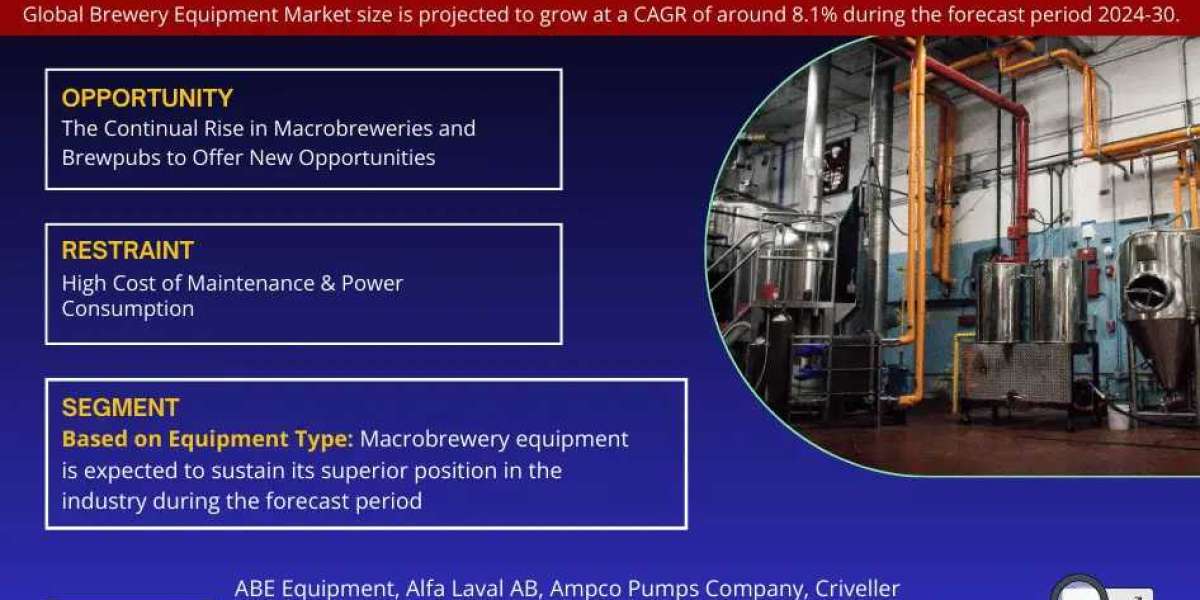Japan molding compound market size was valued at USD 484 million in FY2023, which is expected to grow to USD 742.8 million in FY2031, with a CAGR of 5.5% during the forecast period between FY2024 and FY2031. The rapid advancements in the Japanese electronics sector are spurring the demand for molding compounds to ensure superior efficiency in the packaging of miniaturized electronics products, including semiconductors, capacitors, transistors, and others. Furthermore, the rising adoption of lightweight materials in Japan ensures significant fuel efficiency for transportation products such as light commercial vehicles, aircraft, and others, supplementing the demand for molding compounds to enable superior mechanical properties and reduce the overall weight of the transportation products. As a result, Japan's booming electronics and transportation industry is fostering the molding compounds market growth in the country.
The Japanese government is targeting to reduce greenhouse emissions in the country. The government of Japan is taking prominent initiatives to boost the share of renewable energy in electricity generation. As a result, in recent years, the development of new renewable energy projects related to wind, solar, and others is increasing in Japan. Thus, developing new renewable energy projects in Japan is expected to fuel the demand for molding compounds. The molding types, such as sheet molding compound, offer vital benefits, including reduced cost per part integration, minimized tooling cost, and weight advantage. Therefore, developing new renewable energy projects in Japan will create a lucrative opportunity for the positive molding compound industry outlook in Japan during the projected forecast period.
Bolstering Electronics Industry
The electronics industry is the primary contributor to the overall GDP growth of Japan due to the presence of leading market players dealing in the production of semiconductors, electric parts, television, and other electronics products. The key technical properties of molding compounds composed of materials such as thermosetting polymer, epoxy resins, poly (methyl methacrylate), and others include superior electric insulation, excellent mechanical properties, and higher temperature resistance features. These properties of molding compounds make them ideal for the electronics industry to ensure superior moisture resistance and protection against heat. The growth of the electronics industry in Japan is attributed to various key trends such as increasing research development (RD) activities in electronics products and increasing investments in electronics manufacturing plants.
For instance, according to the recent data published by the Japan Electronics and Information Technology Industries Association (JEITA), in 2021, the production of the electrical and electronics industry in Japan was valued at USD 99,772.18 million, and USD 83,997.76 million in 2022 having a year-on-year growth rate of 0.2%. Hence, the bolstering electronics industry in Japan is driving the demand for molding types such as sheet molding compound and thick molding compound to protect the electronics products from corrosion, thereby ensuring superior durability of end products. This, in turn, is accelerating the Japan molding compounds market growth.
Increasing Technological Innovations for Molding Compounds Application in Automotive
The automotive industry in Japan is one of the major economic sectors in the country, generating revenue of USD 0.4 trillion. The sheet molding compound is utilized by original equipment manufacturers (OEM) to minimize weight and fuel consumption. Sheet molding materials are lightweight with robust resistance in comparison to aluminum sheets. Furthermore, as opposed to conventional steel decks, automotive manufacturers deploy sheet molding compounds manufactured from thermosetting polymer and epoxy resins for protection against dents, impact dings, and corrosion. The recent technological innovations for molding compounds with applications in the automotive industry are driving market growth.
For instance, in February 2023, Toray Industries, Inc., a leading material manufacturer in Japan introduced rapid integrated molding technology for application in carbon fiber reinforced plastic mobility components. Carbon fiber-reinforced plastic mobility components are deployed in automotive products such as passenger cars, light commercial vehicles, and heavy commercial vehicles. Therefore, the rising innovations for molding compounds with applications in the automotive sector fuel the deployment of technologically advanced molding compounds, propelling the market growth in Japan.
Impact of COVID-19
The stringent government measures were implemented in Japan, including the halt in non-essential commodities production and social distancing norms due to the rising prevalence of COVID-19 cases in 2020. As a result, production activities related to electronics, automotive, aerospace, and others were halted in Japan. Thus, the Japan molding compound market registered a revenue decline in 2020 since these industries are the major end-users of molding compounds manufactured from materials such as thermosetting polymer, epoxy resins, and others.
For instance, according to the Japan Electronics and Information Technology Industries Association (JEITA), in 2019, electrical and electronics production in Japan was valued at USD 96,643.61 million; in 2020, it was USD 93,389.82 million. In 2020, the electrical and electronics industry declined by 5.4% compared to 2019. The halt in the production activities associated with polymer, epoxy resins, poly (methyl methacrylate), and others restrained the production of molding compounds in Japan. However, by 2020, the Japanese government eased the restrictions to promote industrial growth activities. As a result, industries such as electronics, aerospace, and others registered favorable growth. Eventually, the impact of the COVID-19 pandemic will be negligible, thereby resulting in prominent growth potential for the Japan molding compounds market in the upcoming years.
Impact of Russia-Ukraine War
Materials such as polyester resin, epoxy resins, poly (methyl methacrylate), glass fiber reinforcement, and filler are vital for manufacturing sheet molding compounds. The Japanese economy highly relies on Russia for energy demand. As a result, the higher energy prices impact the overall pricing of materials such as thermosetting polymer, epoxy resins, poly (methyl methacrylate), and others. In addition, the volatility of petroleum prices directly impacts production costs. For instance, according to the World Bank, in 2022, due to the Russia-Ukraine war, the price of crude oil soared by USD 100 per barrel, reaching its highest level since 2013. These aspects are impeding market expansion.
Moreover, the supply chain constraint impacted the production activities associated with automotive in Japan. For instance, according to the Organisation Internationale des Constructeurs d'Automobiles (OICA), in 2021, passenger cars manufactured in Japan were 6,619,245 units, and in 2022, it was 6,566,356 units. In 2022, passenger cars manufactured in Japan registered a decline of 1% over 2021. Henceforth, the prolonged war between Russia and Ukraine is anticipated to impact the supply chain, and pricing of materials such as thermosetting polymer, epoxy resins, and others. This, in turn, may influence the growth rate of the Japan molding compound market in the forecasted period.
Japan Molding Compound Market: Report Scope
“Japan Molding Compound Market Assessment, Opportunities and Forecast, FY2017-FY2031F” is a comprehensive report by Markets and Data, providing in-depth analysis and qualitative quantitative assessment of the current state of the Japan Molding Compound Market, industry dynamics, and challenges. The report includes market size, segmental shares, growth trends, COVID-19 and Russia-Ukraine war impact, opportunities, and forecast between FY2023 and FY2031. Additionally, the report profiles the leading players in the industry, mentioning their respective market share, business model, competitive intelligence, etc.
Click Here:https://www.marketsandata.com/industry-reports/japan-molding-compounds-market
About Us:
Markets and Data provides a comprehensive/ panoramic understanding of markets at global, regional, and country levels. Examine changing consumer preferences, emerging challenges, underlying trends, and growth prospects to accelerate your business strategies.
Lates Reports:https://www.marketsandata.com/industry-reports/saudi-arabia-connected-cars-market
https://www.marketsandata.com/industry-reports/japan-cloud-computing-market
Contact
Mr. Vivek Gupta
5741 Cleveland street,
Suite 120, VA beach, VA, USA 23462
Tel: +1 (757) 343-3258
Email: info@marketsandata.com
Website: https://www.marketsandata.com








